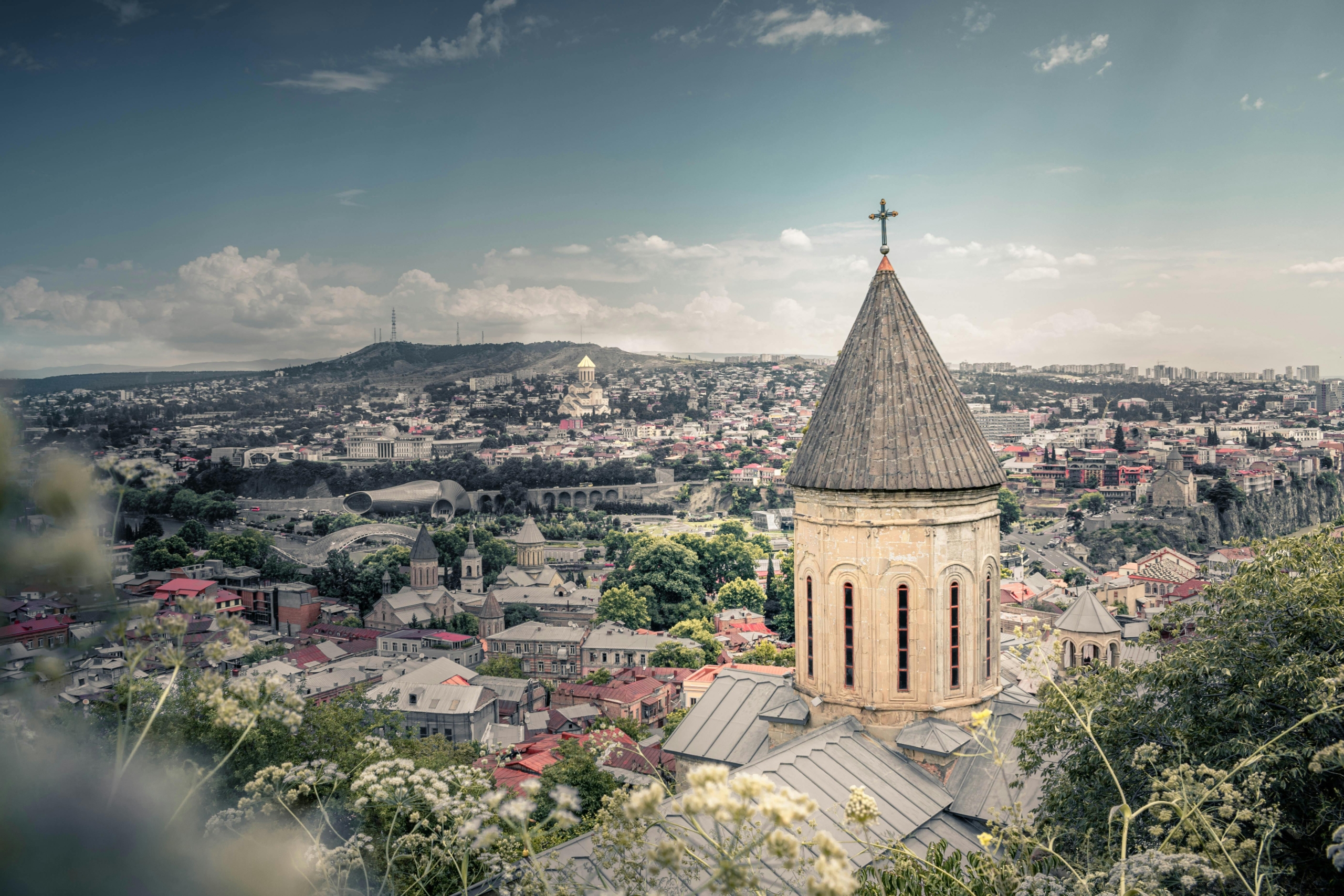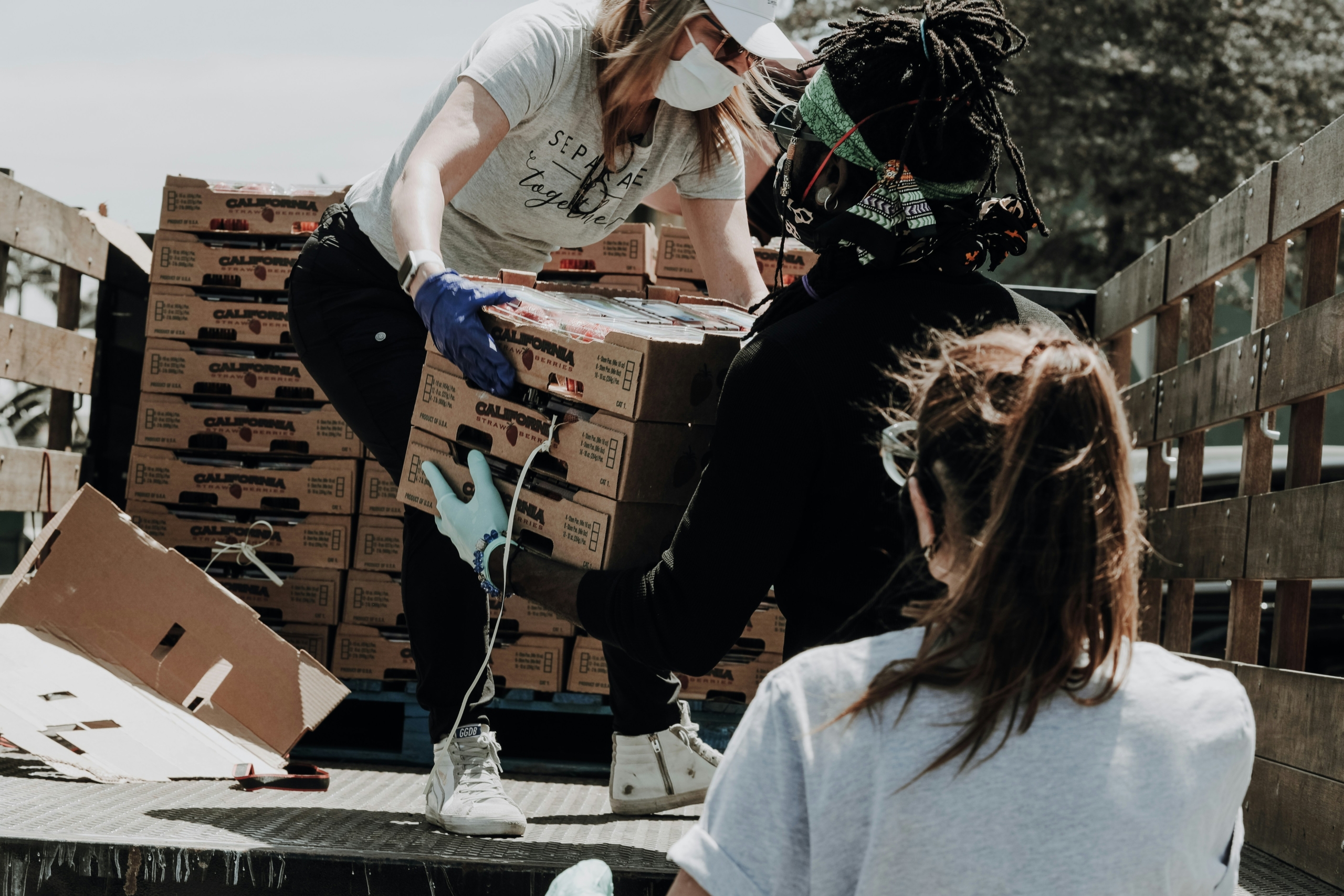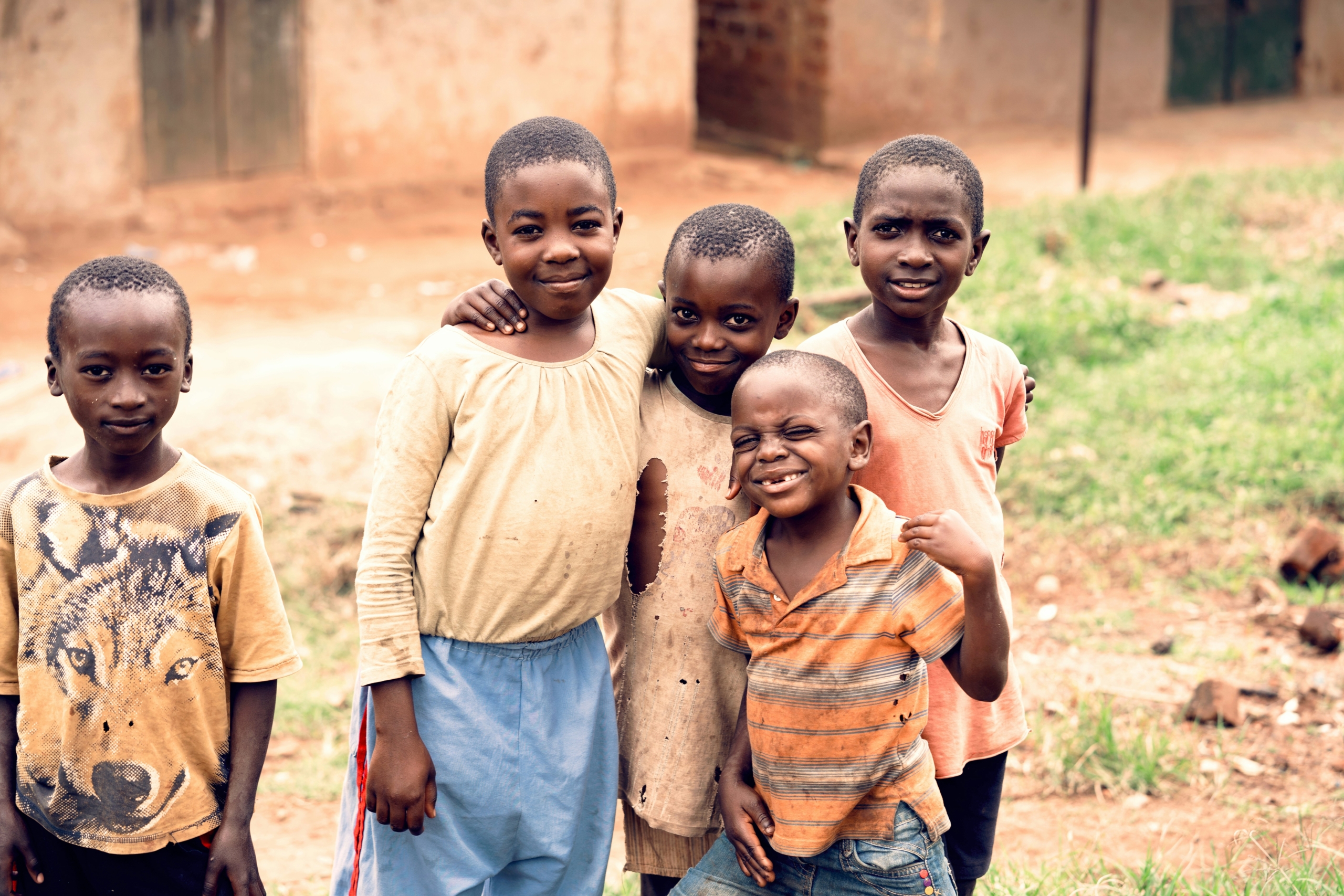 The Rwanga Foundation is a nongovernmental organization (NGO) founded in 2013 by philanthropist Idris Nechirvan in the Kurdistan region of Iraq. Nechirvan began the charity with the aim of providing every child access to quality education. Since then, the foundation has expanded its reach and helped more than three million people.
The Rwanga Foundation is a nongovernmental organization (NGO) founded in 2013 by philanthropist Idris Nechirvan in the Kurdistan region of Iraq. Nechirvan began the charity with the aim of providing every child access to quality education. Since then, the foundation has expanded its reach and helped more than three million people.
History of the Kurdistan Region in Iraq
The Kurdistan region is no stranger to instability and the 2010s were a particularly challenging decade, marked by political turmoil, economic crisis and threats to security. In February 2014, the then-Prime Minister of Iraq blocked 17% of the federal budget constitutionally allocated to Kurdistan. This triggered a crippling financial crisis in the region as many Kurds rely on employment from the Kurdistan Regional Government for their livelihoods.
In June of that year, the Islamic State (ISIS) captured Mosul, Iraq. This led to an influx of Iraqi refugees into the Kurdistan region. In August, ISIS attacked Kurstian and implemented a genocidal campaign against the Yazidi people, prompting the United States (U.S.) to intervene. Liberation from ISIS was eventually achieved in October 2016.
In 2017, the independence referendum, where an overwhelming 93% of Kurds voted in favor, was met with severe repercussions from Iraq. The Iraqi army retook Kirkuk and closed Kurdistan’s airspace and borders, leading to the displacement of more than 100,000 Kurds. Despite these challenges, the decade ended with improved relations with Iraq and although the region has yet to recover fully, Kurdistan has remained resilient in the face of significant adversity.
The Rwanga Foundation’s Mission and Vision
The Rwanga Foundation is dedicated to improving Kurdish youth’s quality of life and providing avenues for educational growth in all sectors. The foundation emphasizes creating a culture and passion for learning by enhancing education standards in Kurdistan through services, capacity-building and policy design. The foundation’s vision is a world where quality education is accessible to everyone.
How It Operates
The Rwanga Foundation operates through four main sectors:
- Education: Rwanga aims to transform the culture of education into a continuous journey of learning. It works to develop platforms such as e-learning systems using the latest technology, allowing young people to discover their talents, fulfill their potential and improve their quality of life.
- Youth: Rwanga recognizes the power of youth and actively engages them within society to empower them to become the aspiring leaders of the future.
- Vulnerable groups: Rwanga believes in the transformative nature of education and hopes to extend the avenues of education and skill discovery to those living in poverty. The foundation believes education is a sustainable and lasting solution to the cycle of poverty.
- Environment: The foundation is committed to designing new strategies and solutions to safeguard the environment.
The Rwanga Foundation’s Latest Projects
- Message From Children Project: The project is an annual competition coordinated with the Kurdistan Parliament and the Ministry of Education. It encourages primary school students to express themselves through art. The best paintings are displayed in the Kurdistan Region Parliament building. This year’s subject is “How do you see yourself in 2045?”
- Empowering Sustainable Livelihoods 2023-2026: This project is a collaborative initiative funded by the Department of Migration, Stabilization and Fragility at the Ministry of Foreign Affairs of Denmark. It hopes to facilitate the sustainable long-term reintegration of Iraqi returnees into their communities by enabling a supportive environment. The project aims to strengthen the capabilities of governmental bodies and NGOs, thereby improving access to economic opportunities. Additional aims include assisting returning business owners and informing returnees about their rights and opportunities.
- Parcel of Smile: During the holy month of Ramadan, the Rwanga Foundation distributed 7,000 baskets containing essential food items. The baskets included rice, food oil, tomato paste, sugar, tea, lentils and white beans, and were distributed across the Kurdistan region.
- Planting 1000 Trees in Erbil: Sponsored by the Oval Company, the Rwanga Foundation planted 1,000 trees in May 2024 to increase the natural and urban forests in the region.
- You Are Not Alone Project: Since 2022, in cooperation with the General Directorate of Welfare and Social Development in Erbil, the project, which ran from February to August 2022, established a rehabilitation system for the Erbil orphanage. Using technology and human resources, Rwanga developed a strong management system for all orphanages across Iraq. This has empowered the children with psychological, educational and intellectual skills to achieve a bright and stable future.
Final Remark
More than a decade after its formation, the Rwanga Foundation has significantly improved the quality of life in the Kurdish region of Iraq. The continuous efforts of the Rwanga Foundation paint a hopeful future for Kurdistan, strengthening the region’s already resilient people.
– Fatima Naqavi
Fatima is based in London, UK and focuses on Good News for The Borgen Project.
Photo: Pxhere
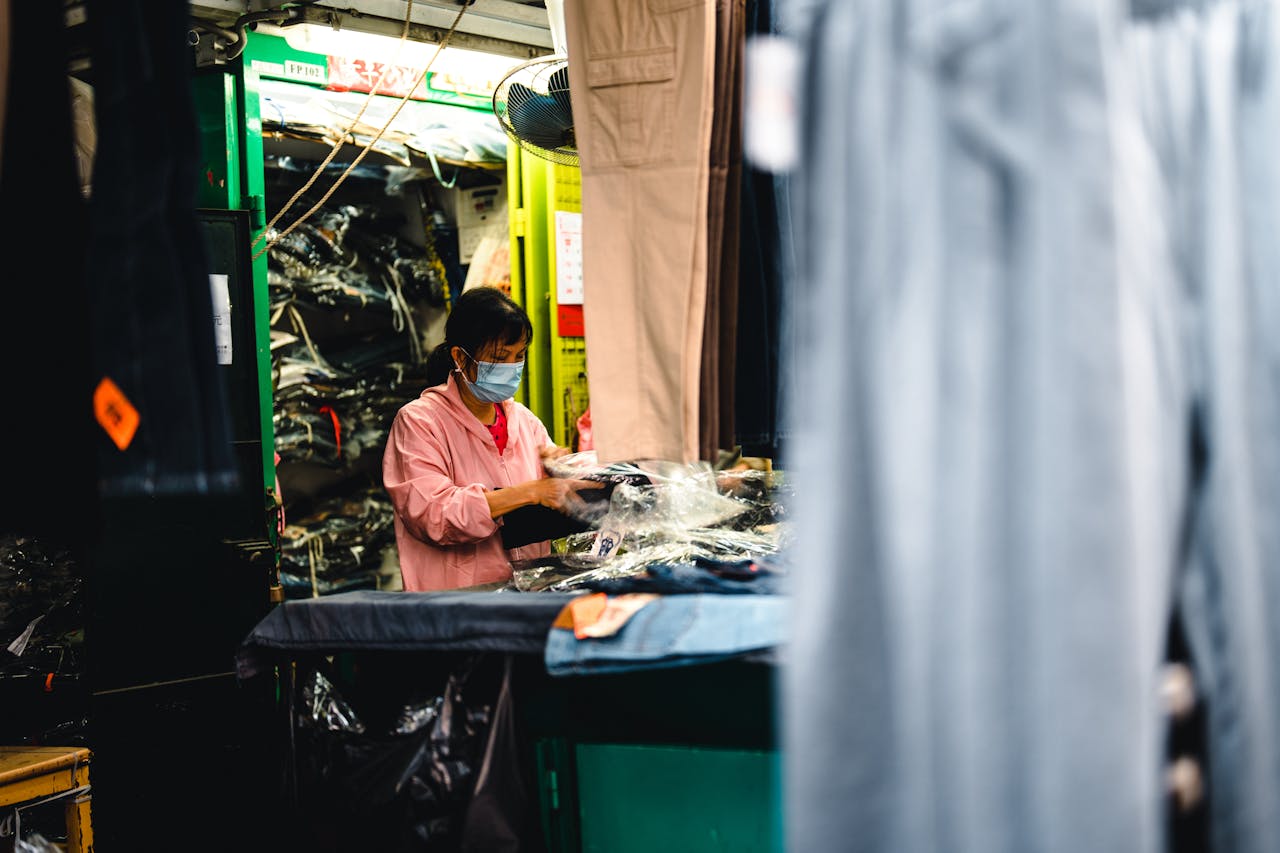
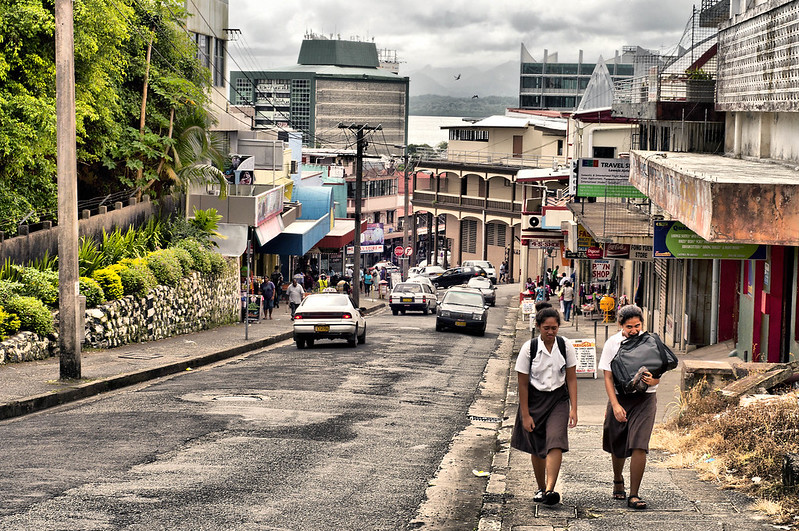
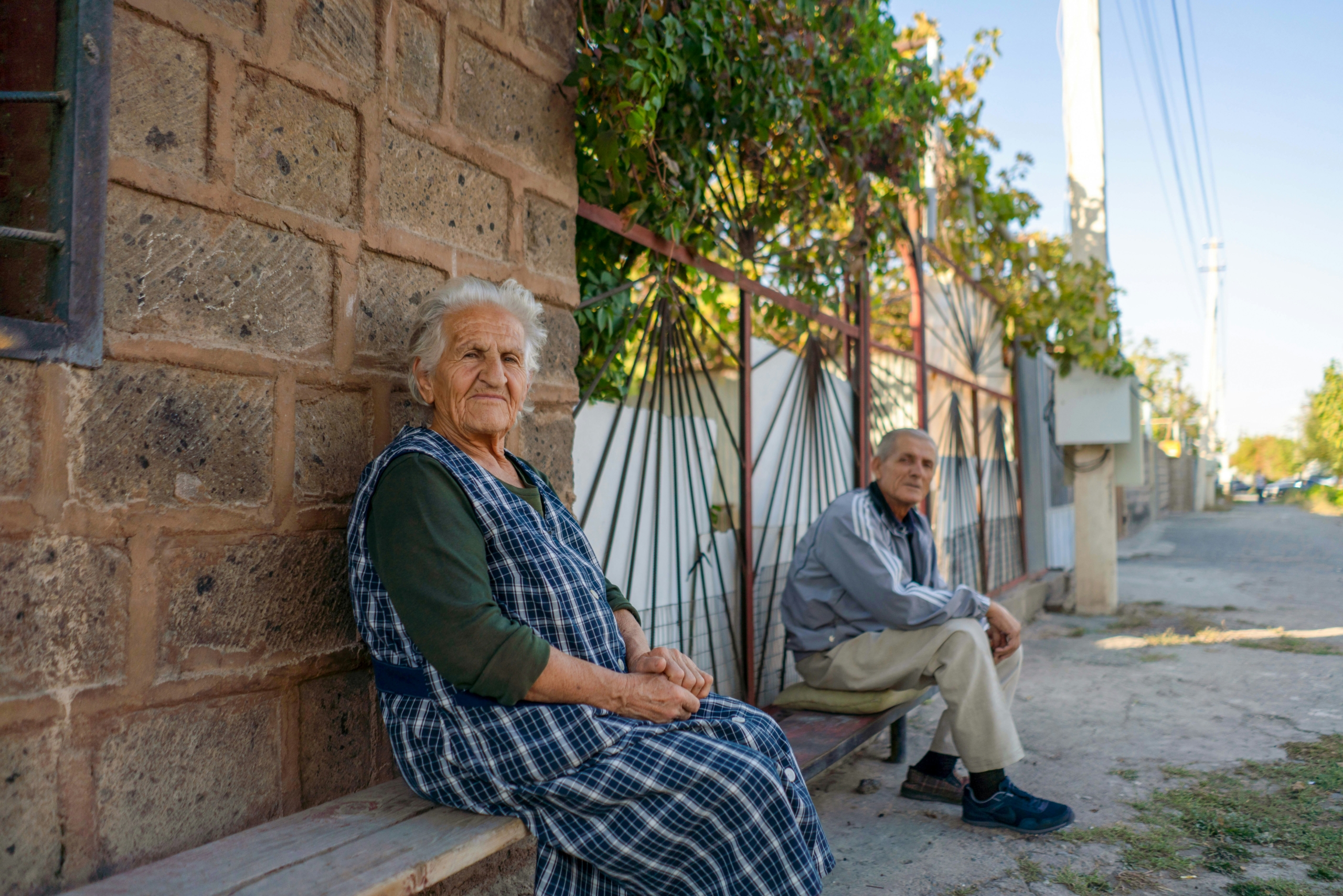
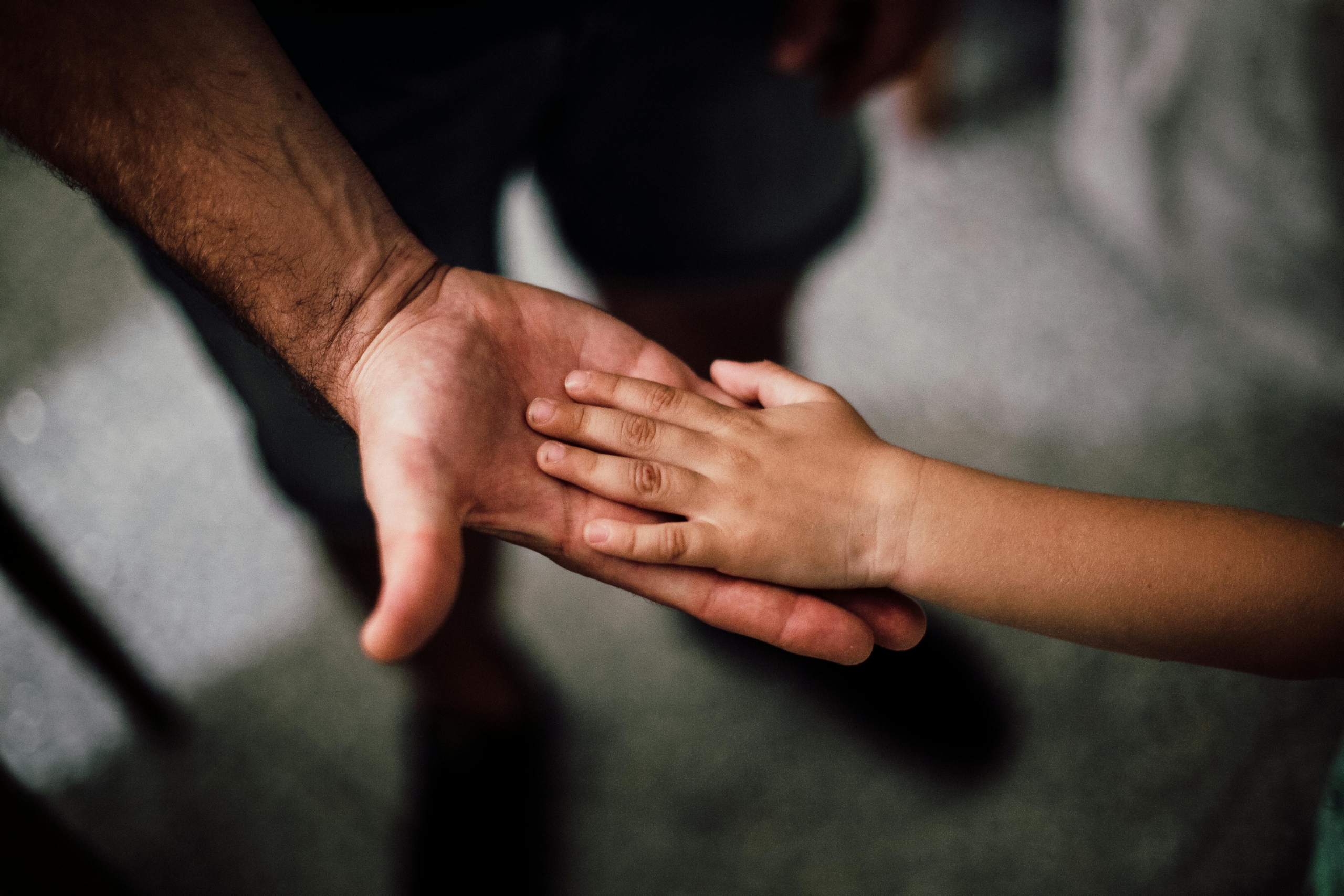
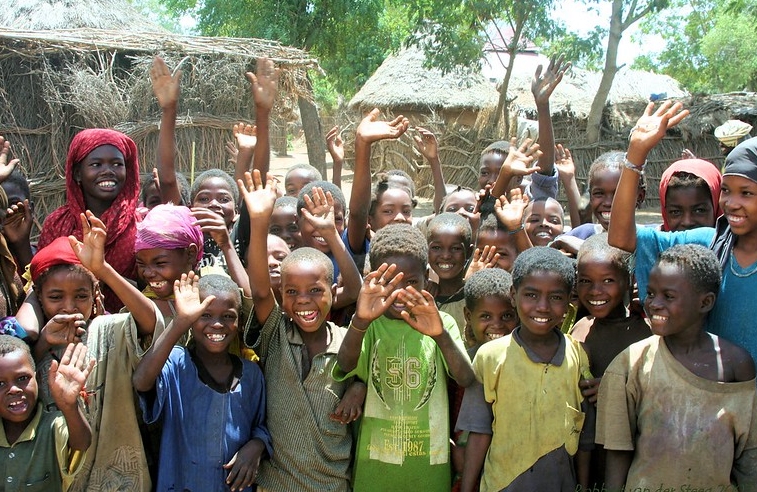
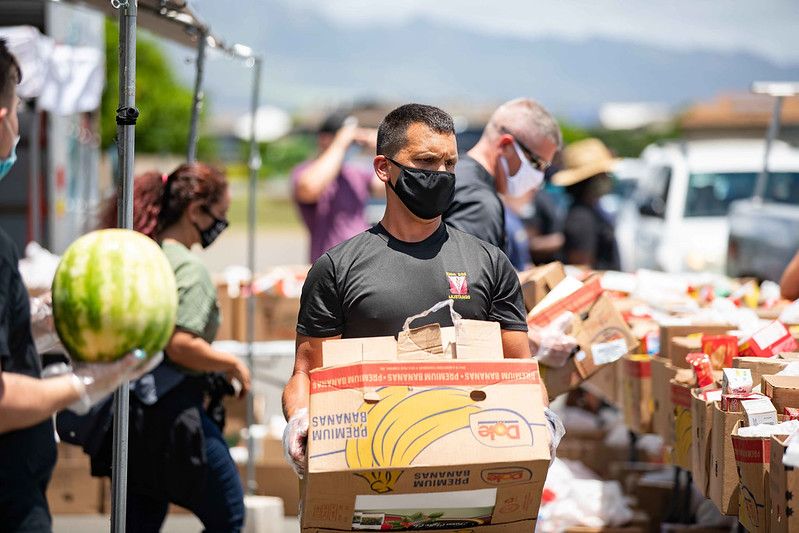 In the collective imagination, the 50th state is an island paradise full of beaches, palm trees and tiny drink umbrellas. The popular perception can be deceiving, however. Hawaii, despite its veneer of luxury, still hides a sect
In the collective imagination, the 50th state is an island paradise full of beaches, palm trees and tiny drink umbrellas. The popular perception can be deceiving, however. Hawaii, despite its veneer of luxury, still hides a sect 